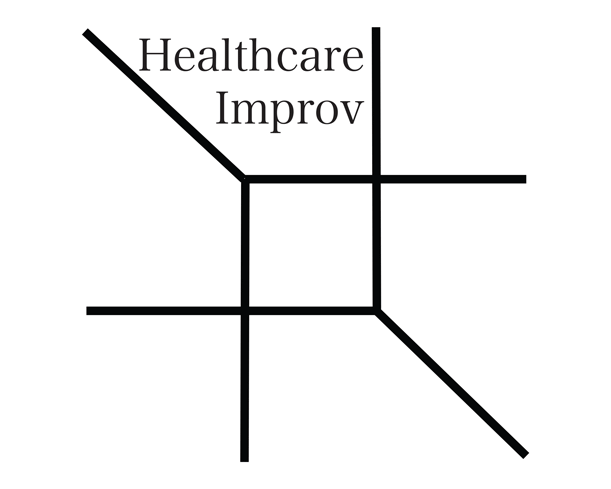EQvIQ
Ok this will be brief because yesterday’s entry was long. If you are picking between reading this one or that one, might I direct you here. Putting stuff out on Friday afternoon is not the move for increasing reader engagement, it’s the move to disseminate bad news. Well my bad, I suppose I have to take the blame on this one. Quick review of events, show last night was very fun. The form requires a lot of lateral thinking to be the most enjoyable, so it pushes me outside of my comfort zone in a very good way. Work was fun this morning as well. Great opportunity to connect with patients and the team. Enjoyed some youth soccer games the rest of the day
Today while seeing patients, we discussed how to care for patients who have done bad things. We have a patient where that discussion is relevant. I brought up a patient that I had in residency who would have a code blue approximately every 4thday. He was in the ICU and just as he was about to be deemed stable for the general medical floor, his heart would slow down, eventually stop, and then a code blue would revive him. This happened for 3 cycles. I was the upper-level resident in the ICU and my intern turned to me and said how tragic it was that these events were happening to this man. While I agreed, I did inform my intern that his health problems stem from his son, after years of physical, mental, and some sexual abuse, shot him. It didn’t directly affect our care for the man, but it did put things in a different perspective. While in training, we were taught to avoid asking prisoners what their reason for being in jail for fear that it might taint our ability to care for the patient. This is an example of why that would be suggested because as I stated, the care for the man who kept coding was not affected but I am sure there were subtle things that were impacted. Being a moral arbiter and deciding who warrants what quality of care is a bad place to be. The other end of the spectrum ain’t great either. Dispassionately taking care of patients based purely on medical needs and issues removes the humanity from the job and can lead to a feeling of meaningless. We had discussions about these issues in medical school and as I mentioned, while in residency. I don’t think that they really prepared me for understanding how hearing those things would affect my care. The only thing that taught me how to understand my feelings is the experience of going through those experiences. Improv has not been better than experience as a teacher however it has enhanced my emotional intelligence to find that balance between focusing on the medical facts of a patient’s issues and delving into a human connection with my patient. Now I feel like the lessons I learn from experiences are able to be transferred to other situations that require the right balance of emotional intelligence and rational intellect. That is a long held discussion. In fact, in the Emotion Faculty Development workshop, we had the discussion of if EQ (measure of emotional intelligence) and IQ (supposed measure of general intelligence) were inversely proportional. We concluded they weren’t but there is an interesting discussion to be had about that. How to care for the patient who has done bad things is a challenging scenario to explore those ideas. Improv has helped me find balance in my understanding of EQ and IQ as both are needed when I step on stage. Being a hospitalist it is necessary because I hope I use both types of intelligence to provide the best care to all of my patients.


